Subscribe to our newsletter
Get a free E-book about how to move towards regenerative sustainability and socially responsible activities
A minority of the population can make the impact we need
Who is Ecoterium
To empower humanity reach the Infinity Economy.
How do you envision the future? Imagine the ideal physical environment, but also how we feel, how we interact with nature and each other. We propose a model to heal the planet, ourselves and society. Let’s bring back the abundance of nature and self-realize humanity as a whole.
We call this goal the infinity economy, where the whole ecosystem, including all life on the planet, thrives. Where all humans are happiest, having the maximum freedom while living in the most beautiful, clean, thriving, rich and abundant environments we can imagine.
Solutions for today while building a better tomorrow
Grow your own food, Generate you own energy, fabricate your own things and enjoy delighting leisure.
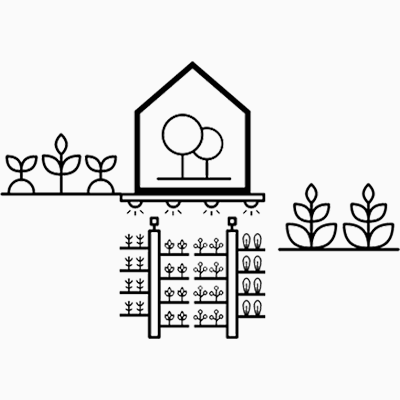
Grow your own food
In your front and backyards, in your apartments, and in common shared spaces, with permaculture, organic and regenerative practices.
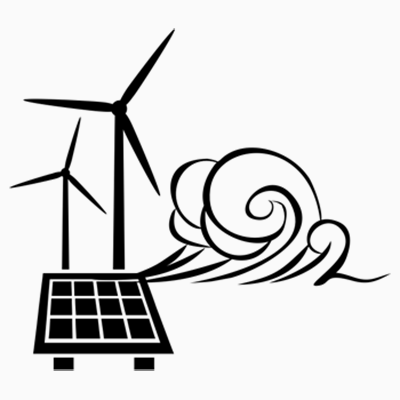
Generate your own energy
With the proliferation of clean renewable energy and the decentralization of power plants.
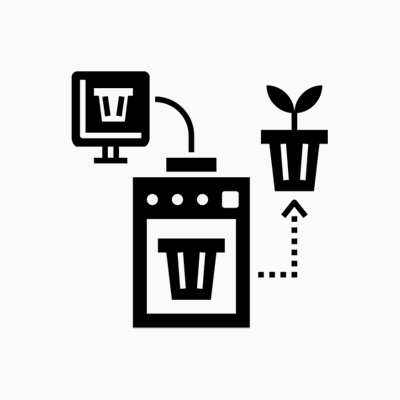
Fabricate your own things
With 3d printers, makers shops, community facilities and with collaborative sustainable design and construction we can bring advanced manufacturing near home, customize and build better.
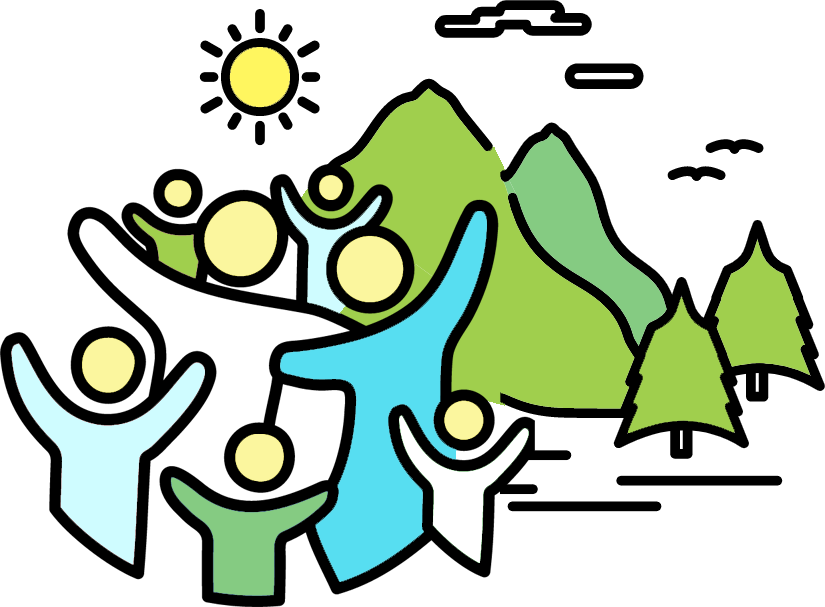
Delighting leisure activities
By combining the concept of the wheel of life, maslow pyramid of needs, leading psychological studies about happiness and regenerative sustainability
What is your Impact
More than saving on energy and other costs, you secure your children’s generation


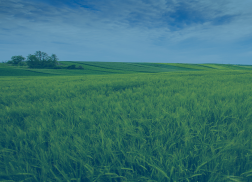
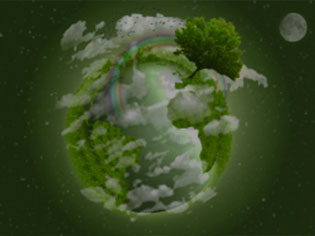
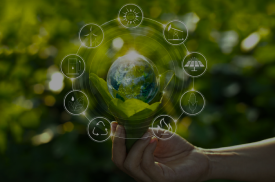
Green House Gas Emissions Offset
The burning of fossil fuels – coal, petroleum, and natural gas – to generate electricity is still the main source of greenhouse gasses (GHGs).
Because of GHGs, there is an increasing global warming. It is at the stage where it is massively affecting weather patterns and events across the globe. We must all commit to produce net-zero emission by 2050.
Water Efficiency
Water supply reduction, alongside decreasing rainfall, intense heatwaves and droughts, is becoming a daunting problem. The UN predicted that by 2050, about 33% of the worldwide population will suffer from clean/fresh water shortage.
We need to be efficient when using water. This is defined as using less water for the same amount of work by using smart tools and equipment to utilize rainwater and reduce water consumption.
Zero Waste
Zero waste is focusing on waste prevention that encourages the redesign of resource life cycles so that all products are repaired, reduced, reused, recycled (4 R’s of sustainability), but preferably biodegradable and/or compostable .
This can be accomplished with the concepts of the Circular Economy. A simpler goal is for no trash to be sent to landfills, incinerators or the ocean and to keep the lithosphere cycle pure and natural.
Ecological Footprint
Ecological Footprint accounting measures the demand on and supply of nature and tracks the use of productive surface areas. Typically these areas are: cropland, grazing land, fishing grounds, built-up land, forest area, and carbon demand on land.
Currently we are consuming resources and generating waste faster than how fast nature can absorb our waste and generate resources. We must reduce our footprint while at the same time become more efficient and find new sources of resources.
Green Economy
A green economy is defined as low carbon, resource efficient and socially inclusive. Growth in employment and income are driven by investment into activities, infrastructure and assets that reduce pollution, enhance energy and resource efficiency, and prevent the loss of biodiversity and ecosystem services.
With your actions you can empower this type of economy by creating jobs and changing people’s lifestyle. Our planet needs this shift.

